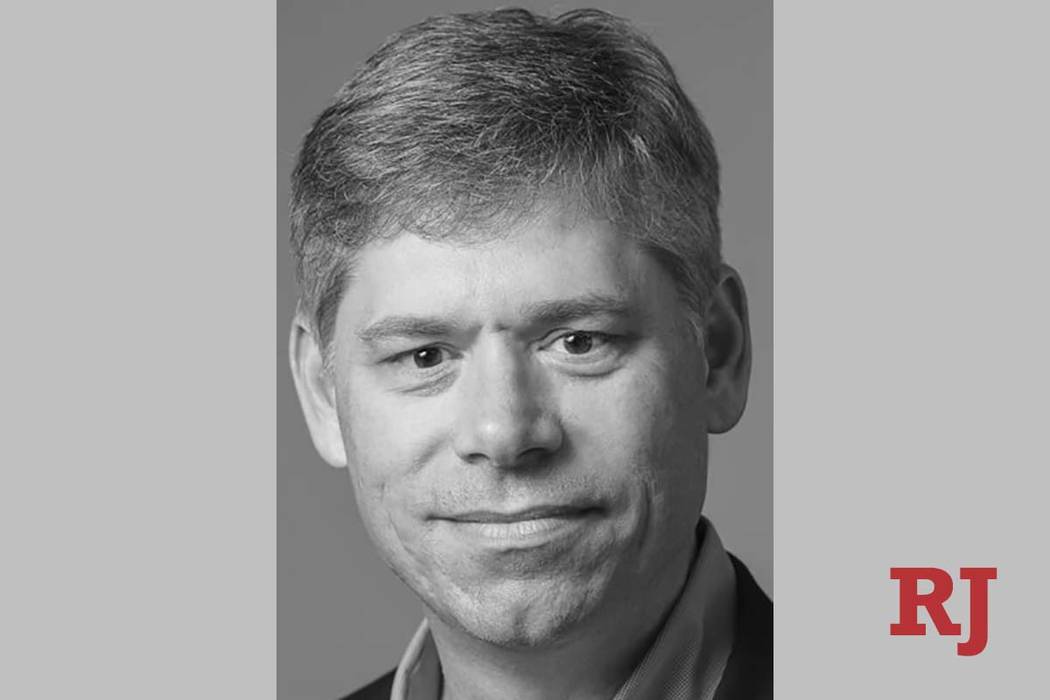Henderson forum hears company’s solution to storing nuclear waste
A new company wants to drill holes thousands of feet into American soil and across the world, then stuff them with nuclear waste.
It’s a seemingly simple solution to a problem that has dogged the planet for decades. According to the company, Deep Isolation, no spent nuclear fuel in the world has been placed in a permanent repository.
“This is secure, safe and backed by sound science,” Chief Operating Officer Rod Baltzer said Wednesday at a RadWaste Summit panel in Henderson.
The conference is a chance for government and industry to talk about issues surrounding nuclear waste.
Baltzer told the Las Vegas Review-Journal that vertical holes have been part of the nuclear waste conversation for a long time, but stacking containers becomes an issue.
Horizontal drilling, which has come to light in recent decades, alleviates those problems, he said.
“Nobody really pieced it together, and that was kind of the breakthrough,” he told the Las Vegas Review-Journal.
Deep Isolation, which began in 2016, plans to drill deep into the ground, then turn horizontally and at a slight incline to securely store the waste for what Baltzer said would be more than a million years.
He said it isn’t “fracking” — a drilling technique that extracts oil and gas from rock by injecting a high-pressure mixture of water, sand or gravel and chemicals.
The company’s plan is different because the hole is reinforced and the rock remains intact, he said.
If desired, canisters of radioactive waste can also be retrieved from the depths of the earth, he said at the panel. The drilling wouldn’t work everywhere, but it could accommodate the majority of nuclear power plants and high-level waste sites in the country, according to Baltzer.
Before Deep Isolation can begin sending nuclear waste deep into the planet, the company needs the go-ahead from the government to dispose of the waste.
Baltzer said he expects to be able to dispose of the waste in the next five to 10 years, depending on the country and the site.
It also needs public acceptance.
He told the audience that benefits include moving less rock, faster drilling and keeping humans from having to go underground. Holes can be drilled near nuclear waste sites, minimizing transportation.
Baltzer said Deep Isolation could supplement the capacity of Yucca Mountain, which for years has languished in licensing limbo. He also said the company is staying neutral on the mountain and nuclear power in general.
Deep Isolation is focused on solutions.
“We do think it’s time to consider alternatives,” he told conference attendees. “This is a problem that just keeps growing.”
Contact Blake Apgar at bapgar@reviewjournal.com or 702-387-5298. Follow @blakeapgar on Twitter.























